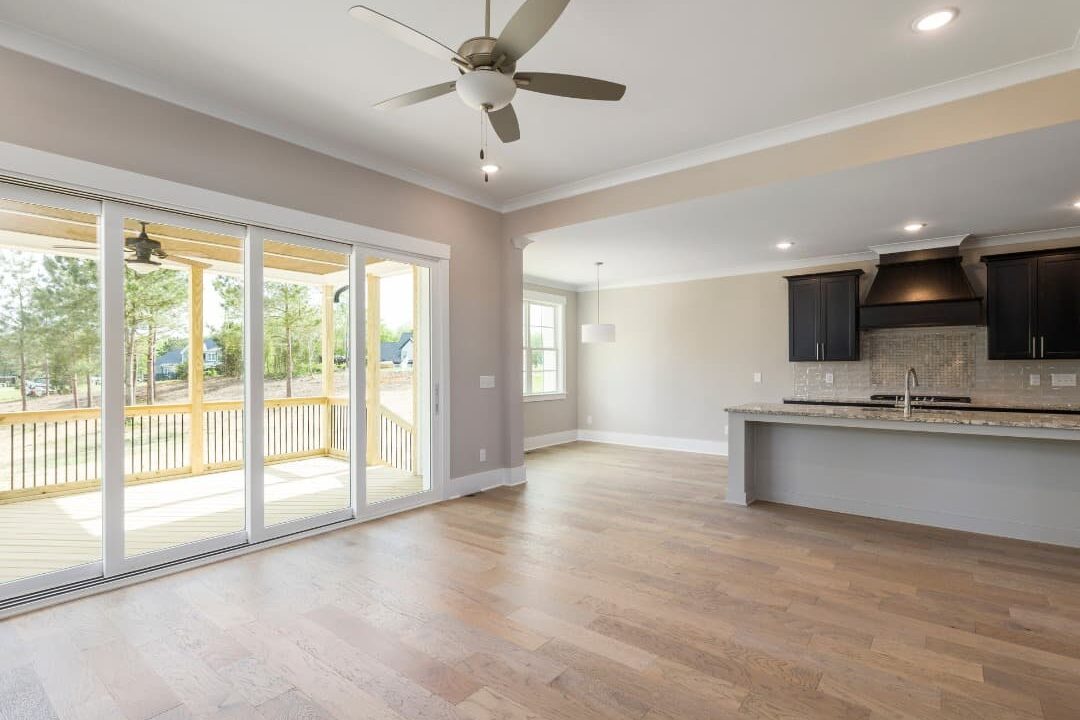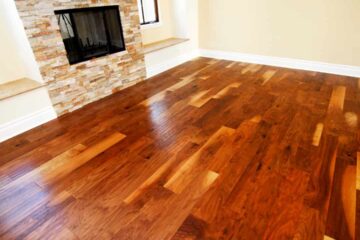Opting to replace your home’s floors with hardwood not only enhances the home’s aesthetics but also brings long-term economic benefits. Below, we explore how this investment can be profitable, backed by scientific studies and real estate market data.
Increase in Property Value
One of the most direct benefits is the increase in property value. According to a study by the National Association of Realtors (NAR), hardwood floors can raise a home’s resale value by an average of 2.5% to 5%. This is because buyers often associate wood with durability and luxury, making them willing to pay more for a home with this type of flooring.
Reduced Maintenance Costs
Hardwood floors require less long-term maintenance compared to other materials like carpet or linoleum. A report from the National Wood Flooring Association (NWFA) reveals that homeowners with hardwood floors spend, on average, 25% less on cleaning and maintenance costs compared to other types of flooring. The longevity of wood means fewer replacements and, therefore, lower recurring expenses.
Energy Efficiency
Wood has natural insulating properties that can contribute to the home’s energy efficiency. According to a study published in the Journal of Sustainable Development, hardwood floors can reduce the need for additional heating in winter, leading to savings on energy bills. This savings can be significant, especially in regions with cold winters.
Environmental and Economic Impact
Finally, choosing hardwood floors, especially if sourced from sustainable origins, can have a positive impact on the environment. This not only improves the home’s ecological footprint but can also be an attractive selling point if you decide to sell the property in a market where buyers value sustainability. Additionally, some governments offer tax incentives for renovations that improve the home’s energy efficiency, which could include the installation of hardwood floors.

In summary, replacing your home’s floors with wood not only beautifies your home but is also a smart investment that can increase its value, reduce maintenance costs, improve energy efficiency, and potentially qualify for tax incentives.



0 Comentarios